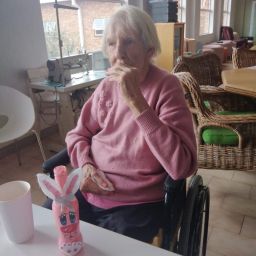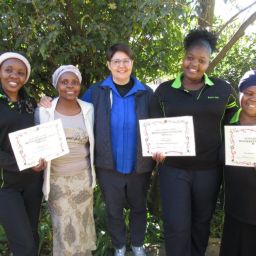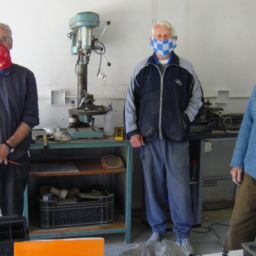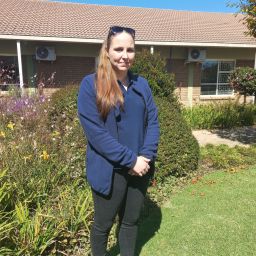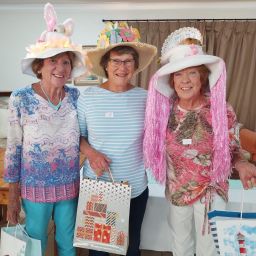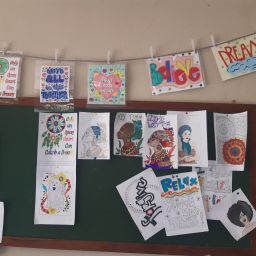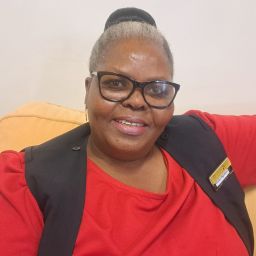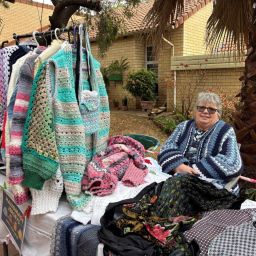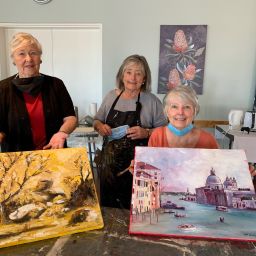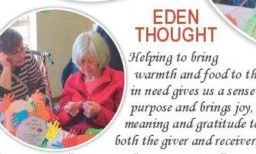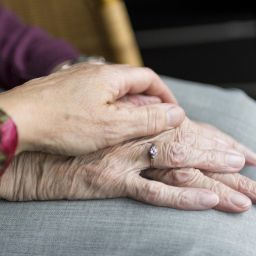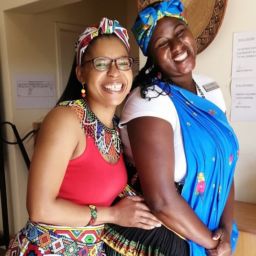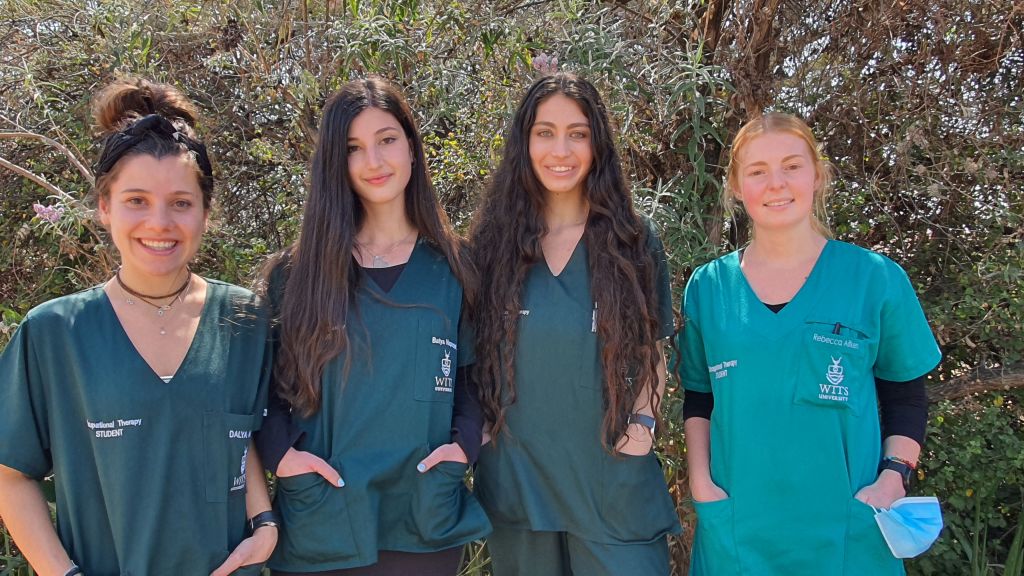
Four Wits University occupational therapy (OT) students are completing a four-week practical training block at SANCA Wedge Gardens treatment centre.
Rebecca Aitken, Dalya Abadi, Batya Naparstek and Ari Jacks, all third-year students, started their training at SANCA Wedge Gardens on 23 August, under the guidance of the treatment centre’s part-time occupational therapist Caryn Berman.
Caryn, who joined SANCA Wedge Gardens in February, is also an associate lecturer at Wits University and is thus playing to two roles to assist the students – that of mentor and that of assessor.
The students were meant to begin their practical training last year, but were unable to do so due to Covid-19 restrictions. “This is the first time that they are putting their theory into practice,” says Caryn.
Dalya says her experience at SANCA Wedge Gardens has been unbelievable so far. “Wedge is so willing to have us. The people who work here are really special and the vibe is amazing. Everyone is so accepting and loving. It feels like we are part of a big family.”
“It has been overwhelming and amazing at the same time. The friendliness and support we are receiving is not what we expected,” says Rebecca.
Caryn explains that many OT students feel overwhelmed when they first start their practical training. “These students, however, have so much more to deal with due to how their way of learning has changed due to Covid-19. Everything is new for them, not only dealing with patients for the first time.”
Batya says being exposed to addiction first-hand and getting to understand Wedge’s patients has been eye opening. “We are sharing their life stories and experiences with them, it’s not only about a diagnosis,” she says.
Ari says Wedge is such a nice environment to work in, they don’t want to leave! “We were previously unaware of OT’s role in substance abuse. Working here has made a huge difference to our understanding of these roles. It’s very satisfying,” she says.
Caryn says it’s wonderful to have the students at Wedge. “Our patients are now also able to receive one-on-one OT sessions, which they are really enjoying and benefitting from.”
All four students agree that Caryn is the ‘best supervisor’ they could hope for. “To see the way she does things, how she implements OT at Wedge and how the patients open up to her and us, as a result, is wonderful,” says Dalya. “It’s exciting to come to work, the atmosphere is really amazing,” adds Ari.
Dalya decided she wanted to become an occupational therapist as she wants to help people to help themselves. “Especially those people who don’t have the opportunity to work with an occupational therapist. They have never had access to OT tools before.”
Rebecca says she wants to help people and make a difference in their lives. “I’d like to see them get to a better place.”
Batya agrees, and says she wants to help people become independent. “Being able to use OT tools to assist them with their challenges will help them to become independent and not have to rely on others.”
Ari says she enjoys bringing meaning into everything she does. “OT is therapeutic, meaningful and powerful.” One of the first lessons she has learnt at Wedge is that an OT activity won’t necessarily help every patient. “If an activity doesn’t get through to a patient, we have to think on our feet and adapt quickly.”
“Everyone’s addiction is different and the OT tools used to help each patient may not be the same,” says Caryn. “OTs have to adapt, think on their feet and learn how to speak to patients in a way that gets through to them,” says Caryn.
“The students are so enjoying their time at Wedge that they are coming in early and leaving later, when they can,” she adds.


